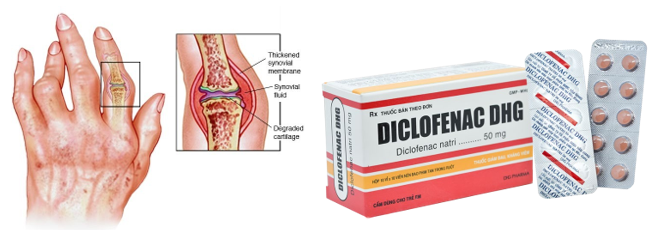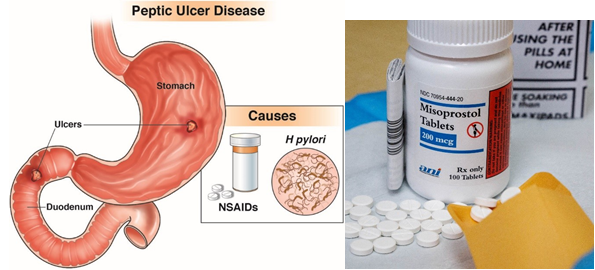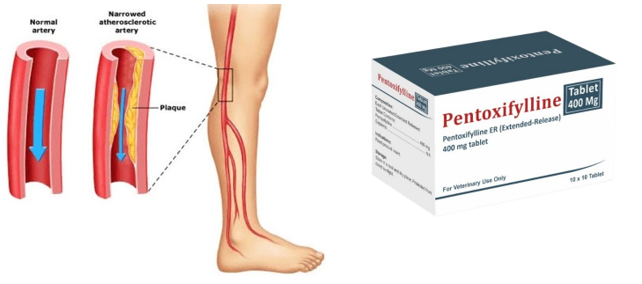The nurse is caring for a client who is taking diclofenac, an NSAID drug for rheumatoid arthritis. During a clinic visit, the client appears pale and reports increasing fatigue. Which of the client’s serum laboratory values is most important for the nurse to review?
Glucose
Total protein
Sodium
Hemoglobin
The Correct Answer is D
Diclofenac, like other NSAIDs, can cause gastrointestinal irritation and bleeding. The client’s symptoms of pallor and fatigue may indicate anemia due to blood loss. Reviewing the client’s hemoglobin level would help the nurse determine if the client is experiencing anemia and if further evaluation and intervention are needed.

Nursing Test Bank
Naxlex Comprehensive Predictor Exams
Related Questions
Correct Answer is A
Explanation
Misoprostol should not be used during pregnancy as it can cause harm to the fetus. Women of childbearing potential should use effective contraception while taking misoprostol. If there is a chance of conception, the healthcare provider should be contacted immediately. A negative pregnancy test is required before starting therapy with misoprostol .

Correct Answer is D
Explanation
Intermittent claudication is a condition in which there is pain in the legs due to reduced blood flow. Pentoxifylline is a medication that can improve blood flow by reducing the viscosity of the blood. Therefore, to determine the effectiveness of the medication in managing intermittent claudication, the nurse should monitor the client's pain level using a numeric pain scale. This will help to assess if the medication provides pain relief and improving the client's ability to walk without discomfort.
Options a, b, and c are not relevant to the assessment of the effectiveness of pentoxifylline in managing intermittent claudication.

Whether you are a student looking to ace your exams or a practicing nurse seeking to enhance your expertise , our nursing education contents will empower you with the confidence and competence to make a difference in the lives of patients and become a respected leader in the healthcare field.
Visit Naxlex, invest in your future and unlock endless possibilities with our unparalleled nursing education contents today
Report Wrong Answer on the Current Question
Do you disagree with the answer? If yes, what is your expected answer? Explain.
Kindly be descriptive with the issue you are facing.
